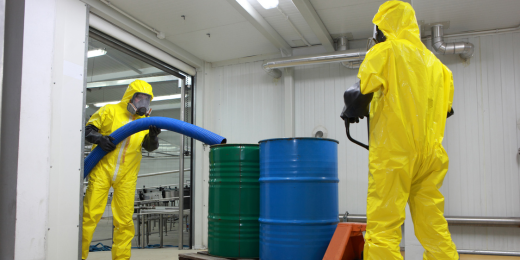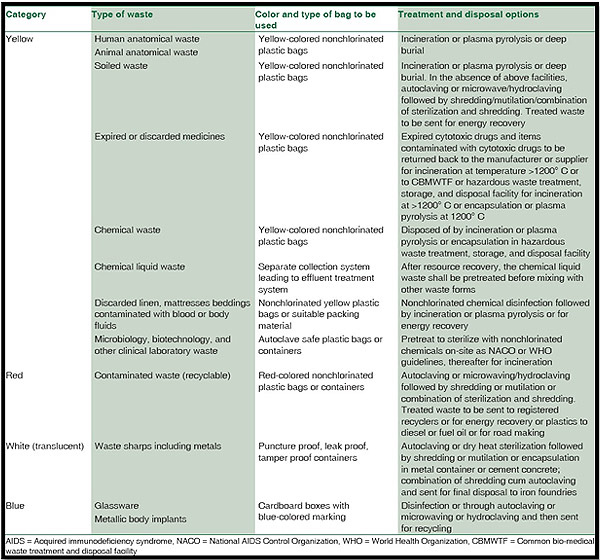Facts About Reclaim Waste Revealed
Facts About Reclaim Waste Revealed
Blog Article
Excitement About Reclaim Waste
Table of ContentsWhat Does Reclaim Waste Do?Getting My Reclaim Waste To WorkReclaim Waste Things To Know Before You Buy8 Easy Facts About Reclaim Waste DescribedAn Unbiased View of Reclaim Waste
Domestic sewer waste refers to the waste and items from a domestic septic storage tank. The appropriate administration and disposal of domestic sewage waste call for liquid waste to be moved to a sewer treatment plant where the proper techniques and tools are used to cleanse and dispose of waste.
Business waste typically includes potential threats, such as flammable products or a blend of fluid and solid waste items, and calls for an extra sophisticated and detailed disposal procedure. The disposal of business waste typically involves the purification of waste before transportation to make sure secure and proper disposal. Industrial waste is created from by-products and overflow of commercial procedures and manufacturing.
This sort of waste can not make use of the same sewage administration transportation or procedures as septic or industrial fluids. The hazardous waste monitoring procedure requires the examination and screening of fluid waste before it undergoes the disposal process (liquid waste removal). Drainage waste is the liquid waste that comes from overflow and excess stormwater in highly booming areas or cities
Overflow waste can create contamination and flooding if not dealt with properly. Find out more regarding sewer cleansing and waste administration. Guaranteeing proper waste management can avoid catastrophes and lower environmental damage. Both individuals in domestic settings and experts in commercial or production industries can take advantage of comprehending the processes and laws of fluid waste monitoring.
The Ultimate Guide To Reclaim Waste
Call PROS Providers today to learn more about our waste monitoring and disposal services and the proper ways to take care of the fluid waste you create.
(https://www.anyflip.com/homepage/imqzz#About)This supposed 'wastewater' is not just a vital resource but, after therapy, will certainly be launched to our land, waterways or the sea. Made use of water from bathrooms, showers, bathrooms, kitchen sinks, washings and commercial processes is recognized as wastewater.

water made use of to cool down machinery or clean plant and tools). Stormwater, a kind of wastewater, is drainage that flows from farming and city areas such as roof coverings, parks, gardens, roadways, courses and gutters into stormwater drains pipes, after rain. Stormwater moves neglected directly to regional creeks or rivers, at some point reaching the ocean.
Our Reclaim Waste Ideas
In Queensland, a lot of wastewater is dealt with at sewer therapy plants. Wastewater is transferred from domestic or industrial sites with a system of drains and pump terminals, called sewage reticulation, to a sewer therapy plant. Neighborhood federal governments construct, preserve and operate most sewer therapy plants. Operators are licensed under the Environmental Protection Act 1994 to discharge cured wastewater at an appropriate ecological criterion right into rivers.
The Division of Natural Resources encourages city governments about managing, operating and maintaining sewerage systems and therapy plants. In unsewered locations, city governments may call for householders to set up specific or family sewage therapy systems to deal with domestic wastewater from toilets, kitchens, shower rooms and laundries. The Division of Natural Resources authorises making use of house systems when they are confirmed to be reliable.
In some brand-new subdivisions, therapy of some stormwater to remove clutter, sand and crushed rock has actually begun using website here gross contaminant catches. Wastewater treatment takes place in four stages: Gets rid of solid issue.
Uses small living microorganisms recognizes as micro-organisms to break down and remove continuing to be liquified wastes and fine bits. Micro-organisms and wastes are included in the sludge.
The smart Trick of Reclaim Waste That Nobody is Talking About
Nutrient removal is not readily available at all sewer treatment plants because it needs pricey specialized tools. Clear fluid effluent created after treatment may still contain disease-causing micro-organisms - industrial wastewater treatment.

A lot of wastewater flows right into the sewerage system. Under the Act, regional governments carry out approvals and permits for environmentally pertinent activities (Periods) involving wastewater launches that might have a neighborhood effect.
What Does Reclaim Waste Do?
Monitoring offers accurate info regarding water high quality and can verify that permit conditions are being met. The information obtained through monitoring provides the basis for making water quality decisions.
Report this page